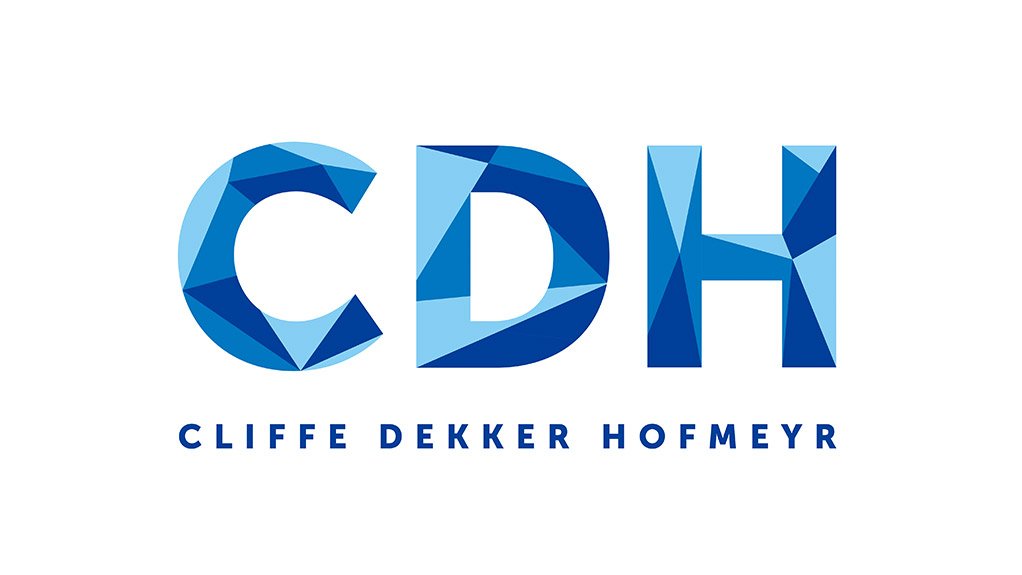The National Assembly and National Council of Provinces (NCOP) has recently announced the re-classification of the Mineral and Petroleum Resources Development Amendment Bill (Amendment Bill) by a Joint Tagging Mechanism (JTM) and its referral to the National House of Traditional Leaders. The National House of Traditional Leaders have been given 30 days to make any comments to the Amendment Bill.
This provides some relief to the South African oil and gas community who have effectively been caught in a legislative stand-still amidst an uncertain regulatory future.
When the Amendment Bill was originally introduced it was tagged a s75 bill, falling outside the ambit of the Traditional Leadership and Governance Framework Act. However, the recent flurry of Parliamentary announcements resulted in the Amendment Bill being re-classified as a bill falling within the ambit of the Traditional Leadership and Governance Framework Act, and its referral to the National House of Traditional Leaders for comment. Comments from the National House of Traditional Leaders are expected no later than 31 March 2016.
Indications that the Amendment Bill would be referred to the National House of Traditional Leaders surfaced early in 2015 when President Jacob Zuma, having considered the constitutionality and tagging of the Amendment Bill, took the view that the Amendment Bill does not pass constitutional muster. On 16 January 2015 the President, notified the National Assembly of his decision to refer the Amendment Bill back to the National Assembly in accordance with s79(1) of the Constitution.
The President’s reservations on the Amendment Bill encompassed substantive grounds such as:
- certain provisions of the Amendment Bill allowed the Minister of Mineral Resources the power to amend national legislation, and in doing so effectively bypassed the constitutional mandated procedure for legislative amendments; and
- the quantitative restrictions imposed on exports by the Amendment Bill which the President viewed as inconsistent with the country’s obligations under its trade agreements.
The President’s reservation on procedural grounds targeted the NCOP and Provincial Legislature processes as not sufficiently facilitating public participation when passing the Amendment Act and a failure to refer the Amendment Bill to the National House of Traditional Leaders for comment.
The President’s referral was promptly followed by a meeting of the Portfolio Committee of Mineral Resources (Committee) on 25 February 2015. The Committee determined that it would refer the Amendment Bill to National House of Traditional Leaders for comment and the NCOP to address the procedural reservations raised by the President. The Committee also decided that aside from suggesting time frames, it would not prescribe what the NCOP or National House of Traditional Leaders process should be so as to allow all substantive issues which may arise to be dealt with.
The Committee Chair, Sahulele Luzipho, concluded the Committee’s discussions on the Amendment Bill by expressing the view that any substantive changes or concerns raised, resulting from this process would, to the best of his knowledge, be brought before the Committee for further deliberation.
One year later and these events finally culminated in tangible traction when the Parliamentary announcements were released this week. The consultative process which will unfold should focus on the most critical elements of the Amendment Bill, although the Amendment Bill may not be the prettiest by industry standard, the perception of beauty is ultimately subjective. Too much time has been spent engaged in legislative processes, it is time for government to send oil companies back into the field - in fact this is long overdue.
Written by Megan Rodgers, Director, Projects and Infrastructure practice and the sector head of the Oil & Gas practice, Cliffe Dekker Hofmeyr
EMAIL THIS ARTICLE SAVE THIS ARTICLE
To subscribe email subscriptions@creamermedia.co.za or click here
To advertise email advertising@creamermedia.co.za or click here











